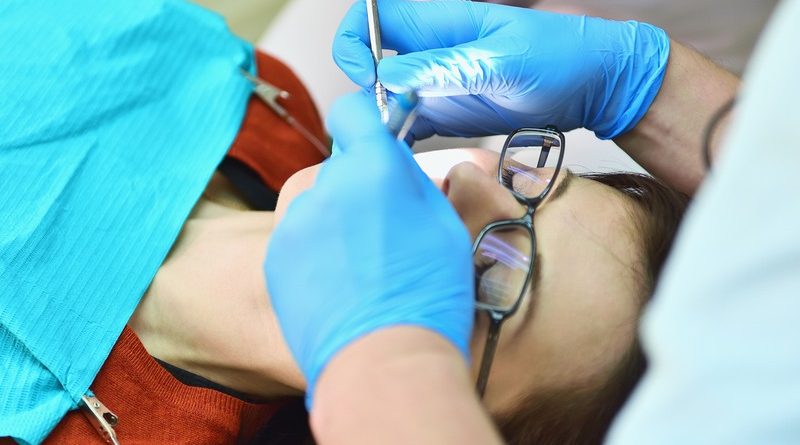How Can Sedation Help Alleviate Dental Anxiety During Procedures?
Dental anxiety is no joke. It can make even the calmest person nervous at the thought of a dental visit. The good news is that sedation dentistry is here to take some of that edge off. Let’s talk about how sedation can help alleviate dental anxiety during procedures and get you—or someone you know—back into the dentist’s chair without breaking a sweat.
Understanding Dental Anxiety
Dental anxiety is a blanket term for the nervousness associated with visiting the dentist. This anxiety can range from mild uneasiness to severe fear, sometimes referred to as dental phobia. Common triggers include fear of pain, past traumatic experiences, or simply the sound of a dental drill. It’s crucial to recognize that you’re not alone in feeling this way, and there are effective methods to help manage it.
What Is Sedation Dentistry?
Simply put, sedation dentistry involves using medication to help patients relax during dental procedures. It’s not about being put to sleep; rather, it’s about reaching a calm, responsive state. Different levels of sedation can be used depending on the procedure and the patient’s anxiety level, ranging from light sedation, where you are fully aware, to deep sedation, where you are on the edge of consciousness but not technically asleep.
Types of Sedation Used in Dentistry
Sedation in dentistry isn’t a one-size-fits-all kind of deal. Let’s break down the most common types:
-
Minimal Sedation – You remain awake but will feel relaxed.
-
Moderate Sedation – You may slur your words and not remember much of the procedure.
-
Deep Sedation – You are on the edge of consciousness but can be awakened easily.
-
General Anesthesia – You are completely unconscious.
Benefits of Using Sedation for Dental Anxiety
Sedation dentistry can be a game changer for those who dread dental appointments. Here’s why:
-
Comfort and Relaxation – Sedation can turn a nerve-wracking experience into a serene one.
-
Time Perception: Procedures seem to take less time, making it easier for patients to endure lengthy treatments.
-
Reduced Gag Reflex – Sedation can help manage sensitive gag reflexes, making it easier for the dentist to perform needed work.
-
Multiple Procedures in One Visit – With reduced anxiety, more treatments can be tackled in one sitting.
Who Can Benefit from Sedation Dentistry?
While sedation is a great option, it’s not suitable for everyone. Candidates for sedation are often those with:
-
High levels of anxiety or fear regarding dental work
-
Difficulty sitting still for prolonged periods
-
Low pain threshold
-
Very sensitive teeth
-
Complex dental problems
-
Children requiring extensive dental work
Considerations Before Undergoing Sedation Dentistry
Before scheduling a procedure with sedation, several factors must be considered, such as the patient’s overall health, current medications, and previous reactions to anesthesia. It’s always important to have a comprehensive discussion with your dentist to determine which type of sedation is best for you.
Managing Dental Implant Anxiety
When it comes to dental implants, procedures can sometimes be lengthy and complex. For those with anxiety, what type of sedation is used for dental implants can vary, but it often involves either moderate sedation or deep sedation. These levels can help patients remain relaxed throughout the procedure and ensure a pain-free experience.
The Role of the Dental Office in Anxiety Management
An Ocala dental office often takes extra measures to create a soothing environment. Experienced dental professionals in these offices work diligently to ensure that patients feel comfortable and understand their sedation options. Being open about your fears and discussing available sedation options can lead to a better and more relaxed dental experience.
The Importance of the Patient-Doctor Relationship
One of the most overlooked aspects of overcoming dental anxiety is the patient-doctor relationship. Dentists who take the time to listen and address concerns can significantly ease anxiety. Clear communication about what to expect during procedures can demystify the process and make it more manageable for anxious patients.
Questions to Ask Your Dentist
It’s essential to have an open dialogue with your dentist. Consider asking the following questions:
-
What sedation options are available for the planned procedure?
-
Are there any risks associated with the type of sedation you recommend?
-
How should I prepare for the procedure?
-
Can someone accompany me during the treatment?
-
What can I expect during and after the sedation wears off?
The Experience the Professionalism
When looking for quality dental care, the 42nd st dentist in Ocala offers a variety of sedation options tailored to fit individual needs. By providing a comfortable and supportive environment, such practices ensure a less stressful experience and encourage patients to return for routine dental care without added stress.
Aftercare and Recovery Post-Sedation
Once the procedure is over, understanding recovery is essential. Here’s a quick look at what you might expect after your visit:
-
Drowsiness – Common immediately post-procedure, so having someone to drive you home is vital.
-
Limited Activity – Avoiding strenuous activities for at least 24 hours post-sedation helps ensure a safe recovery.
-
Follow-up Instructions – Be sure to follow any cleaning or medication protocols provided by your dentist.
Feeling More At Ease with Sedation
In the end, sedation dentistry is about making the dental experience more palatable for those who find it challenging. By considering sedation, patients open themselves up to more relaxed and stress-free visits, which can mean fewer skipped appointments and better oral health overall.
Final Thoughts
Dental anxiety is widespread, but it doesn’t have to control your oral health journey. Sedation has proved to be an effective solution for many, enabling them to receive necessary dental care with peace of mind. If you’re interested in exploring sedation options, don’t hesitate to engage in a conversation with your dentist. Your journey towards anxiety-free dental care awaits.

